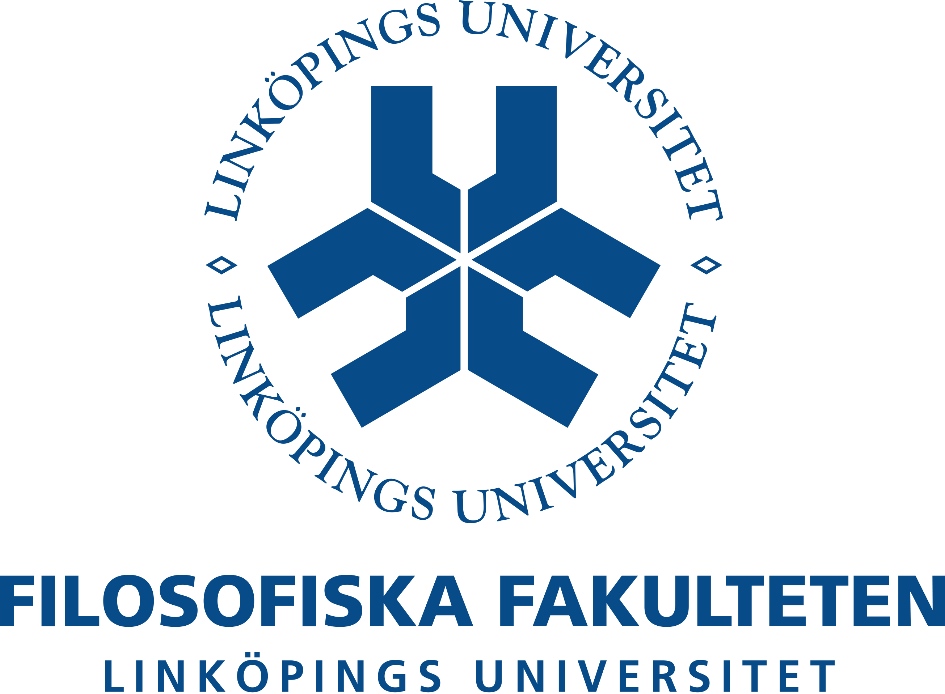
|
Visa engelsk kursplan |
|
Kurskategori Single Subject Course Huvudområde Övriga ämnen - ÖÄA Ämnesområde |
Kurskod | HEKA05 |
In the first sub-course, theories and methods in economic history are introduced, with the focus on social and economic transformation in the Third World from colonial times until today. Economic development is analyzed in the light of the variety of historical experiences, institutional traditions and cultural patterns throughout the Third World. Can we even talk about a “Third World”? Development strategies, past and present, and their applicability in different institutional settings are discussed, as well as the concepts of growth, development and progress.
Part 2. Economic Development and Demographic Change (5 ECTS)
The second sub-course explores the interplay between population and the economy. The relationship between resources and population growth is explored, as well as the challenge of changing demographic structures. How many hands are needed and how many mouths can be fed? Population and labor force trends are analyzed from the perspectives of age and gender structures, income distribution, education, health and migration.
Part 3. International Business and National Economies (5 ECTS)
The third sub-course explores the emergence and development of international business and the interplay with governments and local entrepreneurship. Experiences from different Third World countries regarding international trade, foreign investment and natural resources are discussed, as well as the consequences of market integration and disintegration. What is fair trade? Who are the winners in the international economy?
Studerande som underkänts två gånger på kursen eller del av kursen har rätt att begära en annan examinator vid förnyat examinationstillfälle.
Den som godkänts i prov får ej delta i förnyat prov för högre betyg.
Only general admission requirements: Completion of an upper secondary education and skills in English, both written and oral, corresponding to the level of English required in Swedish upper secondary education (eg. a TEOFL-score of at least 500 points for paper based test, 197 points for computer based test or 61 points for internet based test; IELTS with at least 5,0 overall and no part under 4,5, or equivalent)
Kursen bedrivs på ett sådant sätt att både mäns och kvinnors erfarenhet och kunskaper synliggörs och utvecklas.
|
||||||||||||||||||||||||||||||||||||||||||||||||||||||||||||||||||||||||||||||